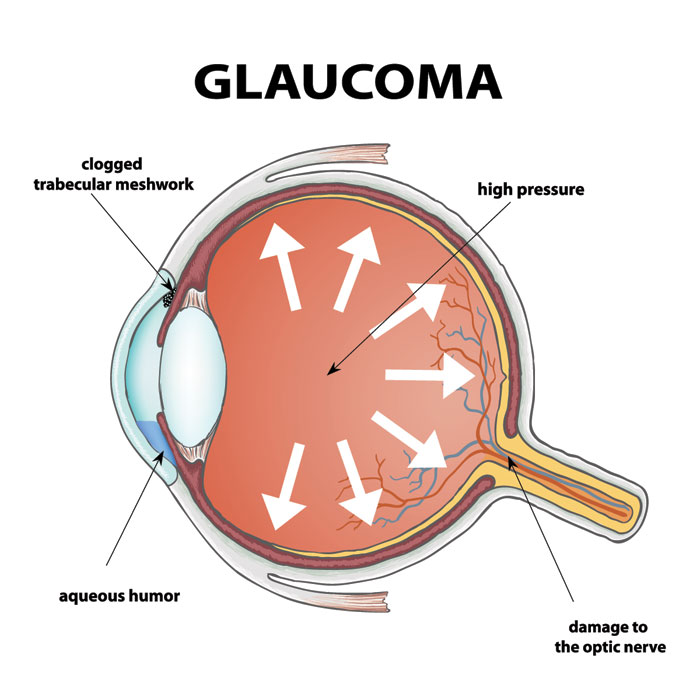Understanding Glaucoma: How Long Can You Live with the Condition?
I. Introduction
Glaucoma is a common eye disease that often results from increased fluid pressure in the eye. It can take different forms, such as open-angle glaucoma and narrow-angle glaucoma. One of the most frequent questions people ask is: How long can someone live with glaucoma? This article explores the progression, life expectancy, and ways to manage this condition effectively.
II. Causes of Glaucoma
While elevated eye pressure is the main risk factor, other contributors include: – Genetic predisposition – Advancing age – Certain systemic diseases such as diabetes or hypertension
These factors can increase the risk of optic nerve damage, leading to gradual vision loss.
III. Symptoms of Glaucoma
Glaucoma is often called the “silent thief of sight” because it usually begins without noticeable symptoms. Early stages primarily involve loss of peripheral vision. As the disease progresses, you may experience: – Blurry vision – Eye pain – Halos around lights – Headaches
Recognizing these warning signs and seeking immediate evaluation can make a significant difference in preserving vision.
IV. Living with Glaucoma
Progression of the Disease
Glaucoma generally progresses slowly. For instance, open-angle glaucoma may take years to reach advanced stages. However, a late diagnosis or failure to follow treatment plans can speed up vision loss.
How Long Can You Live with Glaucoma?
Glaucoma is a lifelong condition. With timely diagnosis and proper management, most people live for many years—even decades—while maintaining useful vision. The outcome largely depends on:
How early the disease is detected
Consistent use of prescribed treatments
Regular follow-up visits with an eye care professional
V. Glaucoma Treatments
Common Treatment Options
Treatment focuses on lowering eye pressure to prevent further damage. Options include:
Prescription eye drops
Oral medications
Laser procedures
Surgical interventions
The Role of Regular Eye Exams
Routine eye examinations are critical in managing glaucoma. They help detect changes early, allow timely treatment adjustments, and reduce the risk of severe vision loss.
VI. Real Stories of Living with Glaucoma
Many people around the world live fulfilling lives with glaucoma. What they have in common is early detection, adherence to treatment plans, and strong collaboration with healthcare providers. With consistent care, it’s possible to slow the disease and maintain independence.
VII. Conclusion
Glaucoma is not a short-term condition but a long-term journey. By staying alert for early signs, committing to treatment, and having regular eye check-ups, you can significantly impact the course of the disease. Work closely with your eye doctor—they are your best partner in preserving vision. Encourage family and friends to have routine eye exams, because early detection is the key to saving sight.




